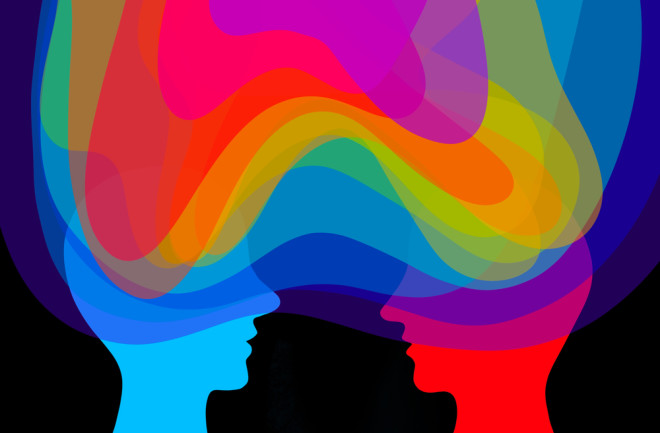Mental health disorders including depression, schizophrenia, and anorexia show links to biological markers detected in routine blood tests, according to our new study of genetic, biochemical and psychiatric data from almost a million people.
The research will increase our understanding of what causes mental illness and may help to identify new treatments.
Healthy body, healthy mind
People often consider mental health as separate from the health of the rest of the body. This is far from true: there is clear evidence many biochemical substances involved in diseases such as diabetes and autoimmune conditions directly impact the function of our brain.
Many studies have tried to address this by focusing on substances called biomarkers that can be readily measured in blood.
A biomarker is simply something in the body that is a sign of a particular disease or process. These often relate to the kind of things reported in a blood test ordered by your doctor, such as cholesterol, blood sugar, liver enzymes, vitamins, or markers of inflammation.
Biomarkers found in routine blood tests are useful as they are often affected by diet and lifestyle, or by treatment with a drug.
People often consider mental health as separate from the health of the rest of the body. This is far from true: there is clear evidence many biochemical substances involved in diseases such as diabetes and autoimmune conditions directly impact the function of our brain.
Many studies have tried to address this by focusing on substances called biomarkers that can be readily measured in blood.
A biomarker is simply something in the body that is a sign of a particular disease or process. These often relate to the kind of things reported in a blood test ordered by your doctor, such as cholesterol, blood sugar, liver enzymes, vitamins, or markers of inflammation.
Biomarkers found in routine blood tests are useful as they are often affected by diet and lifestyle, or by treatment with a drug.
The complex role of genetics in mental health
It's often difficult to study the role of these blood biomarkers in mental health conditions. Many studies in this area are often not large enough to make strong conclusions.
One solution is to look at genetic influences on both mental illness and substances measured in blood. Genetics is useful as we now have data from millions of individuals who have volunteered in research studies. READ MORE...
It's often difficult to study the role of these blood biomarkers in mental health conditions. Many studies in this area are often not large enough to make strong conclusions.
One solution is to look at genetic influences on both mental illness and substances measured in blood. Genetics is useful as we now have data from millions of individuals who have volunteered in research studies. READ MORE...





